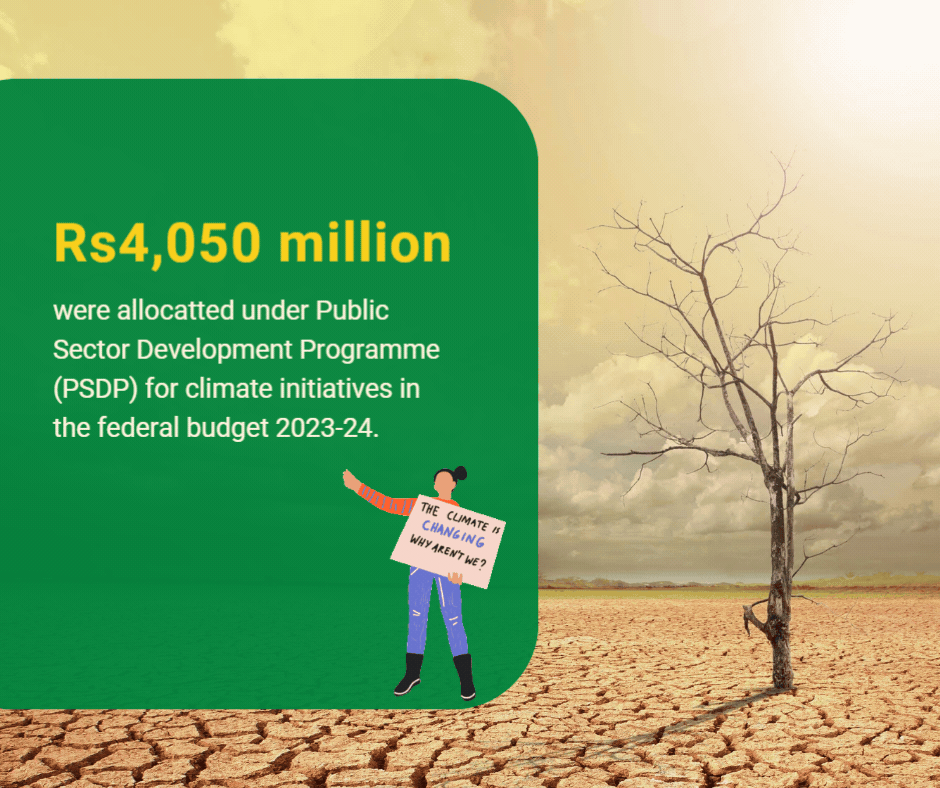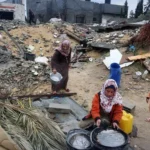The Pakistani government appears to have realized that the negative consequences of climate change are a real issue that has to be addressed. Nevertheless, this realization is insufficient on its own because there is a lack of the infrastructure needed to implement effective preventive actions.
Natural disasters have gotten worse and more intense around the world in recent years. This century has seen the greatest number of climate-related disasters ever recorded worldwide.
Scientific research indicates that human actions, which had an impact on the planet since the nineteenth century’s industrialization, are the source of all of it. Fossil fuels were used by a vast number of newly established enterprises, and as these factories multiplied, so did the emissions.
Everything in our surroundings is interconnected. Negative effects can result when one element is impacted by something, like human activity. For instance, regions that produce crops can see heat waves never before seen, endangering the harvest and the availability of food.
These effects spread so widely that they eventually alter the entire local natural ecosystem and finally the entire Earth. These changes are manifesting themselves to us now in the form of unprecedented extreme weather events, associated natural disasters, and ecological disruptions.
Although the word “climate change” is broad, it is frequently used narrowly and confused with extreme heat, heat waves, and other weather-related phenomena.







